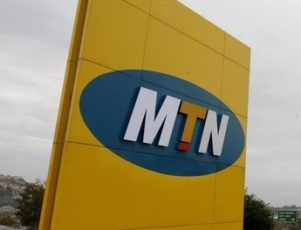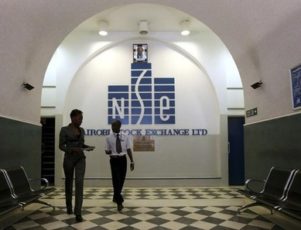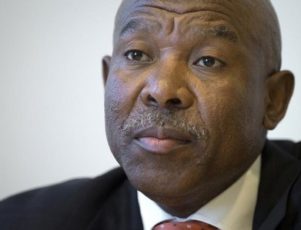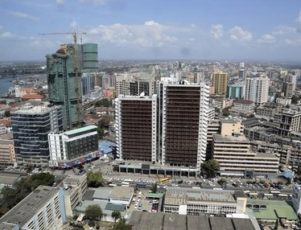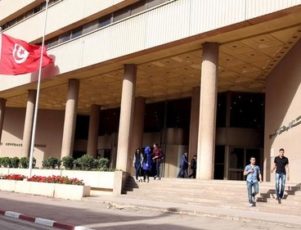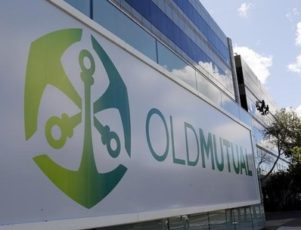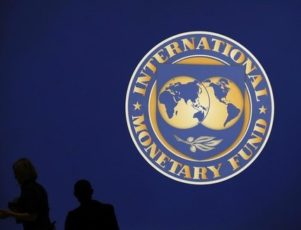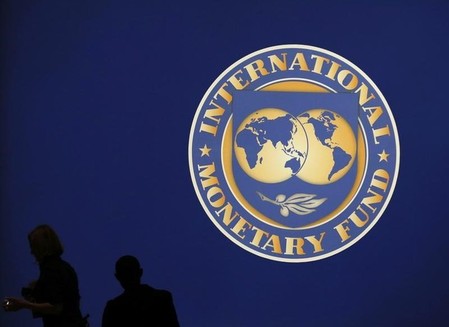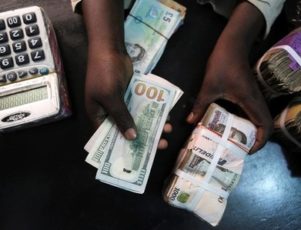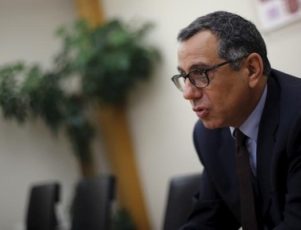JOHANNESBURG (Reuters) – Africa’s biggest mobile telecoms operator MTN’s Nigerian subsidiary has won a 10-year radio spectrum licence for mobile broadband services, it said on Wednesday.
The award comes after MTN said earlier this month that it would more than double its spending in Nigeria in the current fiscal year after agreeing to pay a heavily reduced fine of $1.7 billion for missing a deadline to deactivate more than 5 million unregistered SIM cards used on its Nigerian network.
The Nigerian Communications Commission (NCC) had earlier announced that MTN had emerged as the sole approved bidder for the new licence, MTN said in a statement.
“With the 2.6 GHz band, we expect to roll out and provide the full range of LTE (Long Term Evolution mobile broadband) services to Nigerians, empowering Nigeria with the latest mobile broadband technology,” said MTN Nigeria Chief Executive Ferdi Moolman.
“This licence acquisition further demonstrates MTN’s abiding faith in the future of Nigeria and the resilience of the Nigerian economy.”
MTN is the largest mobile phone operator in Nigeria with 57 million subscribers, and the country accounts for about a third of its revenues.
MTN’s plan will see the roll out 3G network population coverage from 67.23 percent to about 90 percent. The aggressive rollout of fibre to six Nigerian cities by the end of 2016 will enable the connections.
(Reporting by Nqobile Dludla; Editing by Greg Mahlich)

